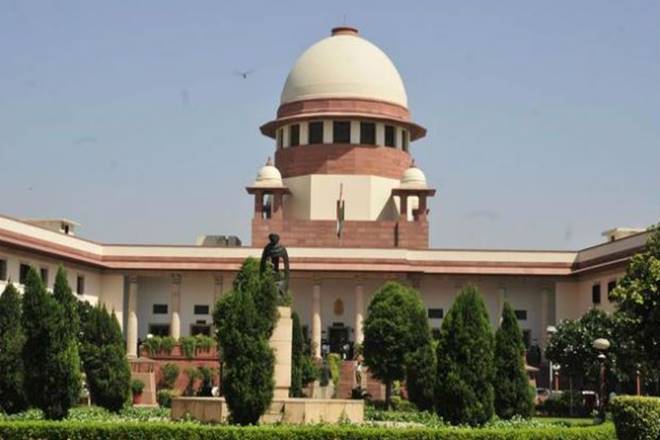In a landmark judgment, the Supreme Court on Friday recognised ‘living will’ made by terminally-ill patients for passive euthanasia. Upholding an individual’s right to die with dignity, the five-judge bench headed by Chief Justice of India (CJI) Dipak Misra ruled that euthanasia and advance living will be “permissible” from now on. However, it also laid down guidelines on who can execute the will and how the approval for the same will be granted. The bench also included justices A K Sikri, A M Khanwilkar, D Y Chandrachud and Ashok Bhushan.
Dipak Misra, while reading out the judgement, said that even though there were four separate opinions of the bench, all the judges agreed that a living will should be permitted. The bench agreed that a person cannot be allowed to suffer even when he or she doesn’t wish to live.
What is Passive Euthanasia?
It is a situation where a person who is terminally-ill wishes to withdraw from the medical treatment deliberately. Article 21 provides that “no person shall be deprived of his life or personal liberty except according to procedure established by law.”
Notably, this isn’t the first time when the top court has given a nod to passive euthanasia. On March 7, 2014, in the Aruna Shanbaug case, the apex court had permitted passive euthanasia or passive mercy killing under certain circumstances, provided it was backed by the permission of the high court concerned.
However, the 1996 verdict in the Gian Kaur case held that ‘Right to life does not include Right to Die’.
What is Living Will?
It is a written document by a patient wherein he/she specifically provides instructions in advance about the medical treatment to be given when he or she is terminally ill or no longer able to express informed consent.
READ | SC recognises passive euthanasia: Now, individuals can decide when to give-up life support
What was the argument made in Court?
Advocate Prashant Bhushan representing the petitioner NGO Common Cause in the Supreme Court argued that safeguards were needed while taking a decision by medical boards to withdraw life support of a patient.
He pushed the case for an active euthanasia by saying that a person going through suffering and pain, should be allowed to decide if he wants to put an end to it and die with dignity.
What will be the role of the medical board?
The Supreme Court bench clearly mentioned in its verdict that if the right to dignity in death was to be recognised, then there has to be some room for dignity in the process of dying too. It said that to practice passive euthanasia, the individuals will have to get an approval from the medical board.
The board will have to specify that a person’s medical condition was incurable and irreversible. Justice AK Sikri had proposed that a certificate from the medical board will take care of the fear of patient’s relatives and doctors about withdrawing life support.
Does government agree?
The government has been vocal about its reservations and has said that people would be susceptible to ‘abuse if euthanasia and living wills are legalized’ in the country. It has also expressed that a Living Will cannot be considered as ‘informed’ as the patients may not be fully aware of the medical developments of future.


